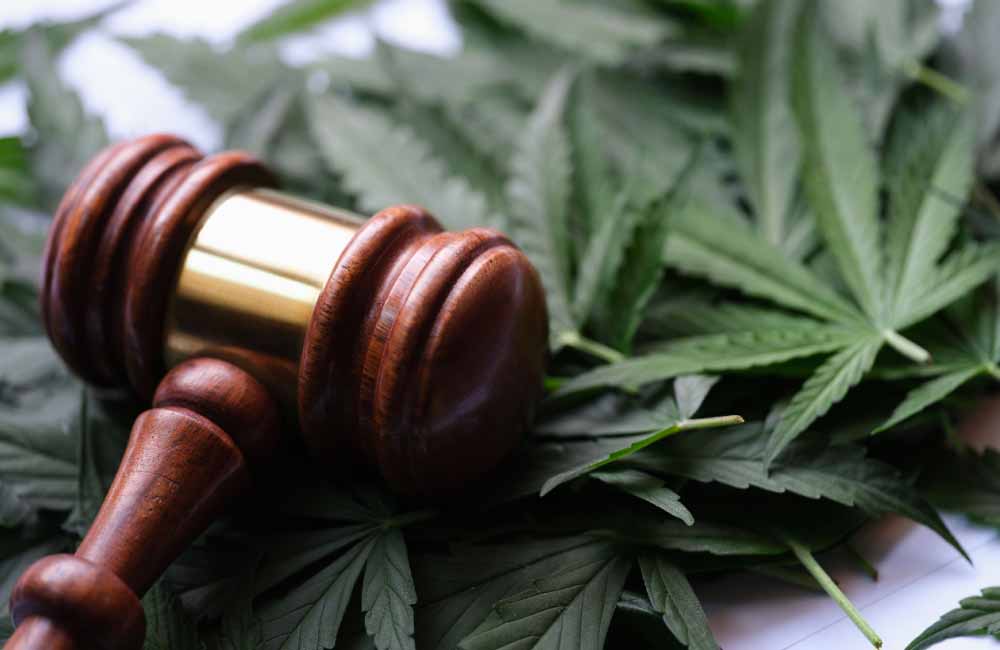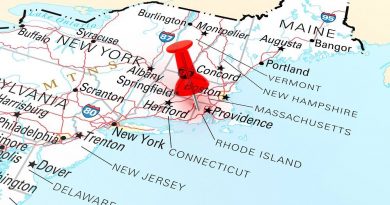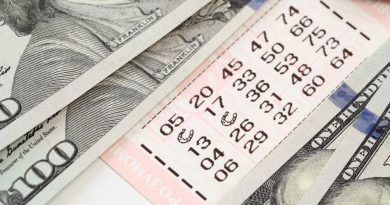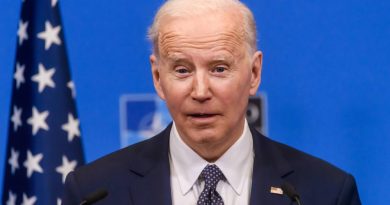What Is the Difference Between Legal and Decriminalized Cannabis?
As federal lawmakers continue to debate how to deal with cannabis, much of the debate focuses on the difference between legal and decriminalized cannabis. As more jurisdictions navigate the complex landscape of cannabis policy reform, understanding the distinctions between legal and decriminalized cannabis is crucial.
President Joe Biden currently supports decriminalization but has not publicly supported legalization. The following looks at what sets these two approaches apart.
Cannabis Legalization Provides a Comprehensive Framework
When a jurisdiction legalizes cannabis, it typically involves implementing a comprehensive regulatory framework that governs various aspects of cannabis cultivation, distribution, sale, possession and use.
One of the most significant aspects of cannabis legalization is the establishment of licensed dispensaries or retail outlets where individuals can purchase legal cannabis products. These dispensaries are subject to strict regulations, including requirements for product testing, labeling and age restrictions.
Moreover, legalization entails the imposition of taxes on cannabis sales, generating revenue for the government. Most states focus this revenue on initiatives such as public education, drug prevention programs and healthcare services.
Importantly, legalization provides legal protection for individuals engaged in the cannabis industry, including growers, distributors and retailers. It removes the risk of criminal prosecution for those operating within the bounds of the law, something the public supports.
Cannabis Decriminalization Involves a Shift in Enforcement
Decriminalization, on the other hand, does not involve the establishment of a regulated market for cannabis. Instead, it entails the removal of criminal penalties for certain cannabis-related offenses, such as possession of small quantities for personal use.
Under decriminalization, individuals caught with small amounts of cannabis may face civil penalties, such as fines, but they are not subject to arrest or incarceration. Decriminalization aims to prioritize public health and reduce the burden on the criminal justice system by diverting resources away from low-level drug offenses.
It’s important to note that decriminalization does not legalize cannabis or regulate its production and sale. Cannabis remains illegal under federal law in jurisdictions that have decriminalized it.
Key Differences Between Legal and Decriminalized Cannabis
The primary difference between legalization and decriminalization lies in the scope of regulatory measures and the extent to which cannabis-related activities are permitted under the law.
Legalization provides a comprehensive framework for the lawful cultivation, distribution, sale and use of cannabis. It establishes a regulated market with licensed businesses operating within the confines of the law. Legalization also offers legal protections for individuals engaged in the cannabis industry.
Decriminalization focuses on reducing the severity of penalties associated with cannabis offenses, particularly for personal possession. While decriminalization removes the threat of criminal prosecution, it does not establish a legal market for cannabis or regulate its production and sale.
The difference between legalization and decriminalization lies in the scope of regulatory measures and the extent to which cannabis-related activities are permitted under the law. Legalization establishes a comprehensive framework for the lawful cultivation, distribution, sale, and use of cannabis, while decriminalization focuses on reducing the severity of penalties for certain cannabis offenses.
Understanding the difference between legal and decriminalized cannabis is essential for informed discussions surrounding cannabis policy reform and its implications for individuals, communities and society as a whole.




